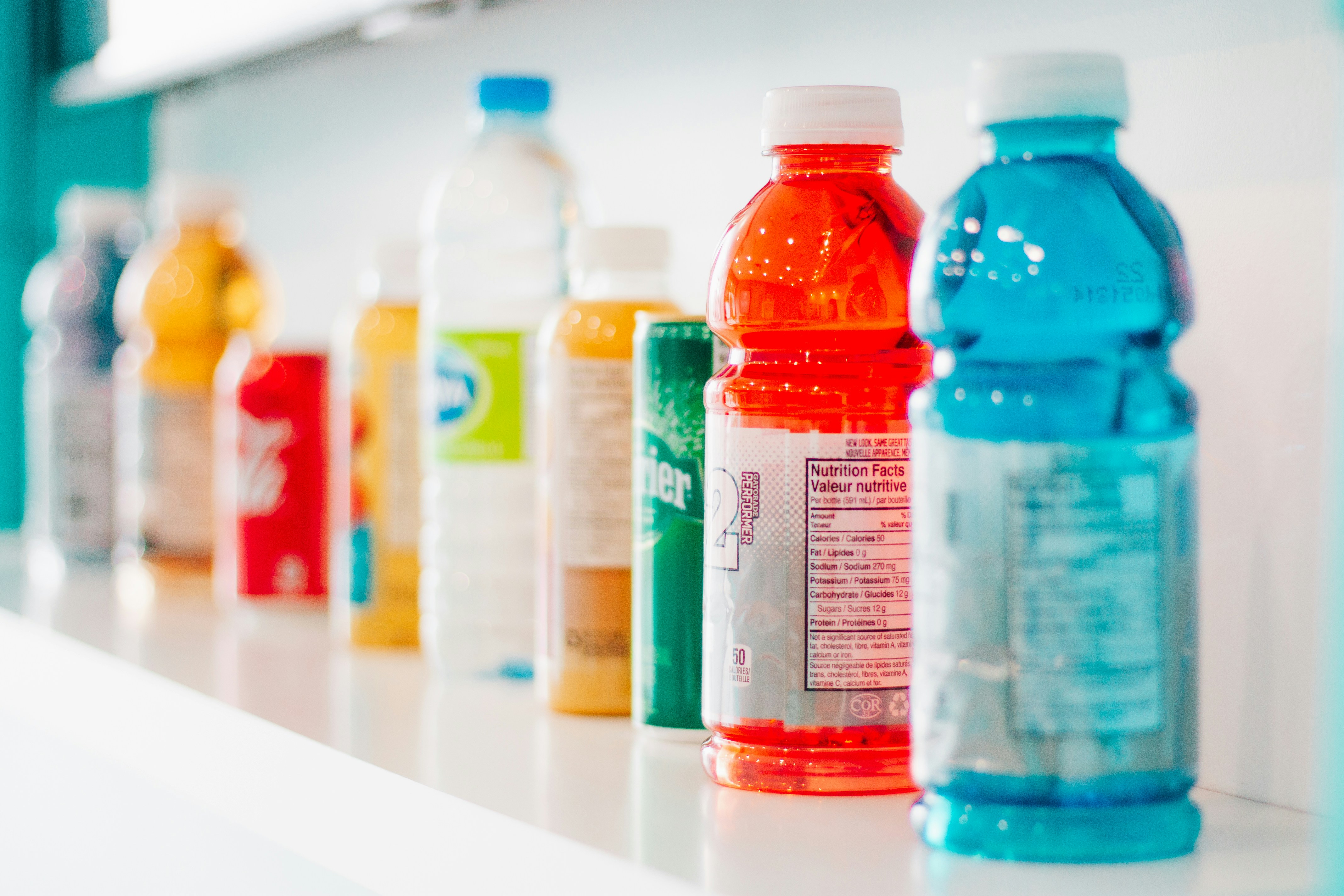Beta alanine is a popular dietary supplement known to enhance athletic performance, particularly in activities involving high-intensity exercise lasting between 1-4 minutes. It is particularly well-studied in the context of activities such as sprinting, weightlifting, and high-intensity interval training (HIIT). While research on its specific effects in bike racing is limited, it may still provide some potential benefits.
Beta alanine increases the levels of carnosine in muscles, which helps reduce lactic acid accumulation and delays muscle fatigue during high-intensity efforts. This is beneficial for short bursts of maximum effort, such as sprint finishes or climbs in bike races.
However, it's essential to note that every individual may respond differently to supplements, and the specific effects of beta alanine can vary based on factors such as training status, individual physiology, and the duration and intensity of the race. It's always recommended to consult with a healthcare professional or sports nutritionist before introducing any new supplements into your training regimen.
In addition to beta alanine, maintaining a well-balanced diet, proper hydration, and a comprehensive training program are key factors for successful bike racing performance. It's important to consider the specific demands of your race, focus on endurance, strength, and power training, and ensure you have adequate recovery and rest periods.
Remember, supplements alone do not guarantee improved performance. They should be used in conjunction with a well-rounded training plan, proper nutrition, and sufficient rest to optimize your performance as a bike racer.
More related to this articles

Electrolytes: Why They’re Overrated (and When You Actually Need Them)
Electrolytes are one of the most overhyped products in sports nutrition. While brands push powders and tablets as everyday essentials, most athletes don’t actually need them for regular training. Water and a balanced diet provide more than enough for sessions under an hour. Electrolytes only become useful in hot conditions, during long endurance events, or for athletes with heavy sweat losses. The takeaway? They’re a tool for specific situations, not a daily performance hack.

Forget Diet Culture. Here’s What Balanced Actually Means When You’re 40+

Optimising Match-Day Nutrition: What New Research Tells Us About Fueling and Recovery in Football
In elite football, small gains can make a big difference. Get your nutrition protocols in check.
.svg)

